
Launched at the 2019 United Nations Climate Action Summit, the ACT Initiative aims to catalyse transport as an enabler of sustainable development in line with the 2030 Agenda for Sustainable Development and the Paris Agreement.
Launched at the 2019 United Nations Climate Action Summit, the ACT Initiative aims to catalyse transport as an enabler of sustainable development in line with the 2030 Agenda for Sustainable Development and the Paris Agreement.
A Global Coalition is Decarbonising the Transport Sector
In 2019, the United Nations Secretary-General (UNSG) called on all leaders to come to New York in September for the Climate Action Summit with concrete plans in line with reducing greenhouse gas emissions by 45 percent over the next decade, and to net zero emissions by 2050. The Summit included the participation of national governments, sub-national actors, private sector leaders, indigenous peoples, youth and other civil society stakeholders. Together, they launched transformative initiatives in twelve critical areas. The UNSG has committed to overseeing the coordinated engagement of the UN system in implementing these Summit initiatives, along with the partners that have pledged to continue work on them.
On this occasion, for the first time, over 100 organisations came together in a bold, multi-pronged commitment to accelerate the decarbonisation of transport worldwide. The coalition delivers on its goals by connecting innovative approaches with integrated, long-term planning, speeding up the deployment of electric vehicles, creating a mass market for zero-emission freight vehicles, and fostering global dialogue arenas with and among the private sector.
The transport challenge is certainly daunting: Catering to the fast-growing demand for mobility while slashing GHG emissions, strengthening climate resilience, and promoting sustainable development. Without sustainable transport, the achievement of the 2030 Agenda will be impossible.
Four Mutually Reinforcing Components
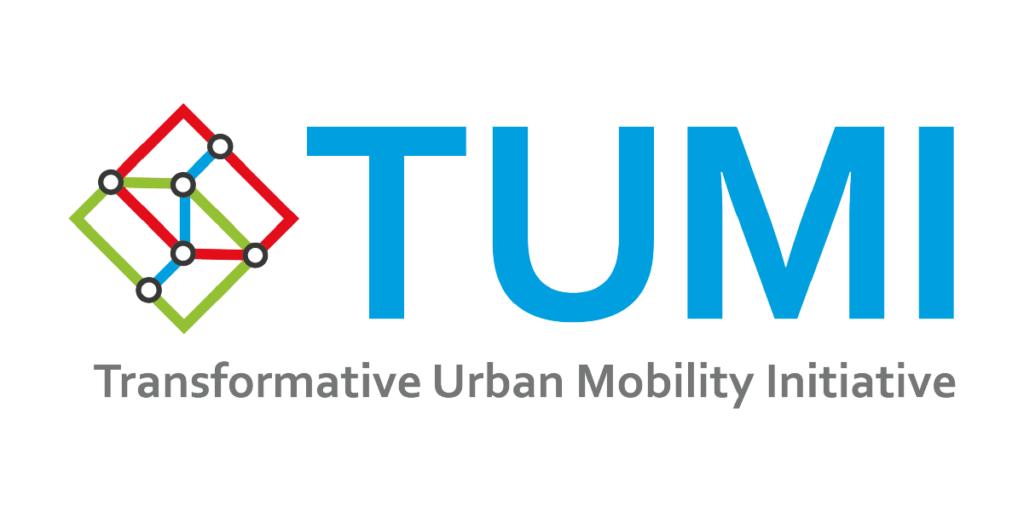
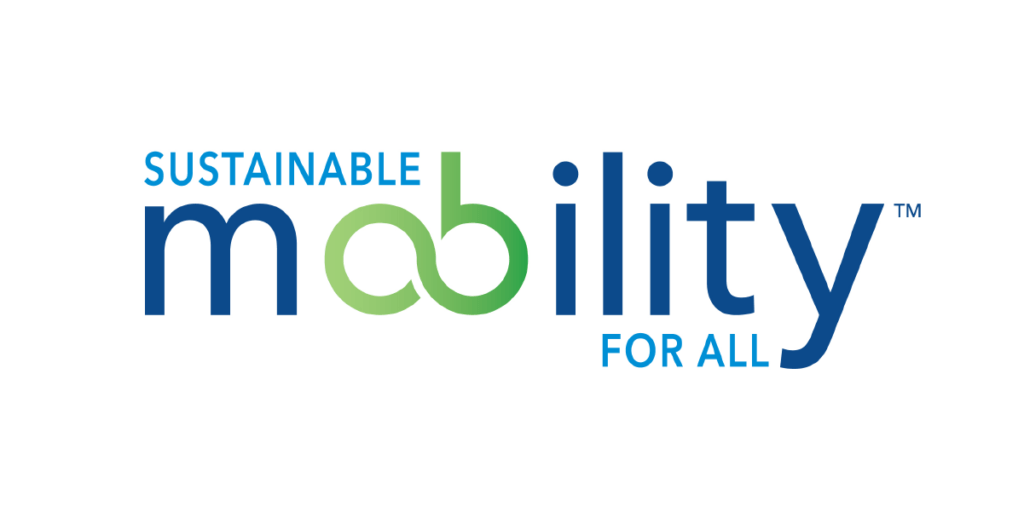
Component 1: Connects innovative approaches at a global scale with integrated long-term planning and policy-making processes at the city level in developing and emerging countries.
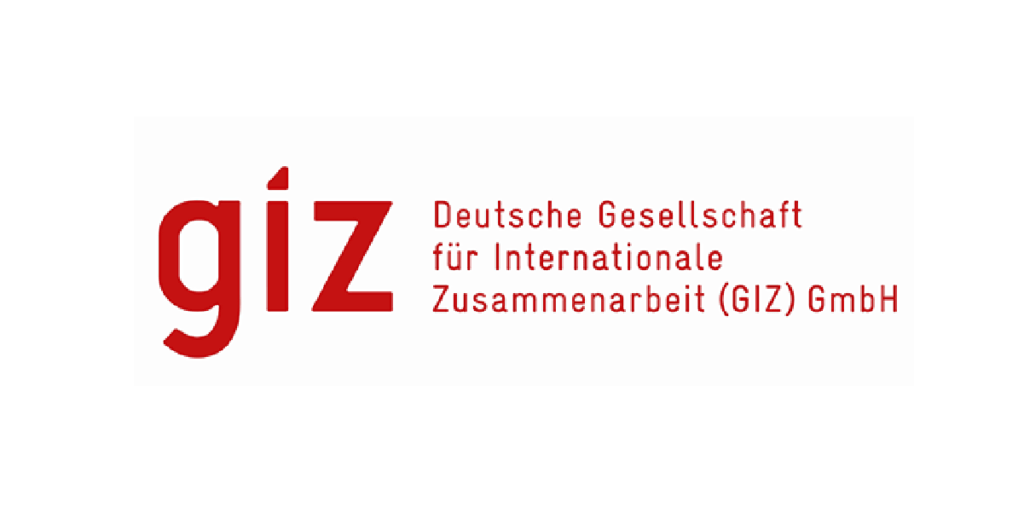
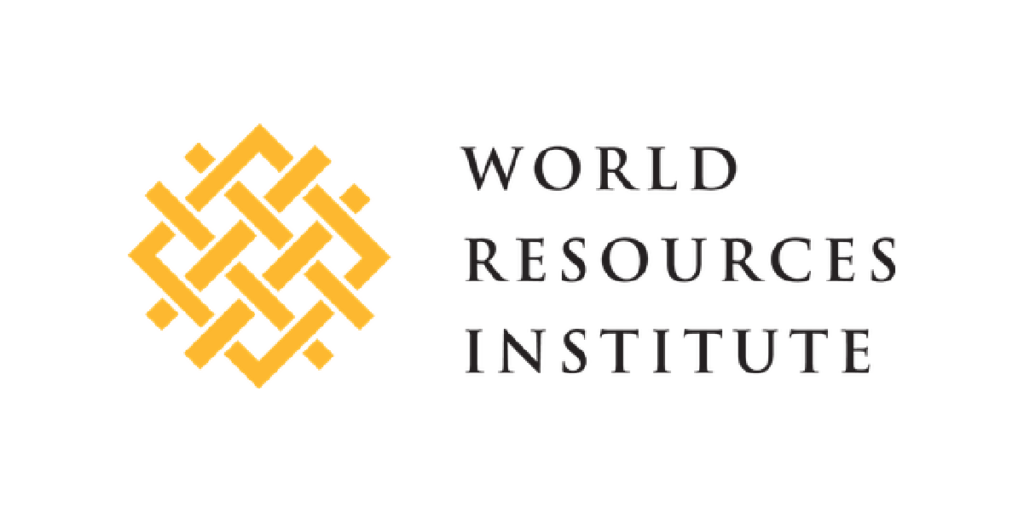
Component 2: Supports policy dialogue with governments and mayors, fostering an enabling environment for the mass rollout of
electric buses.
Led by GIZ and World Resources Institute (WRI)
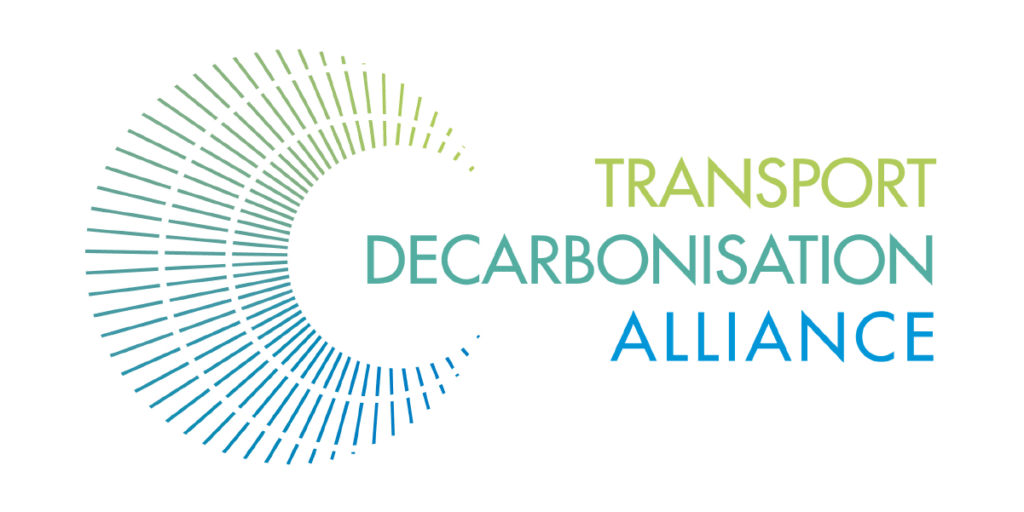
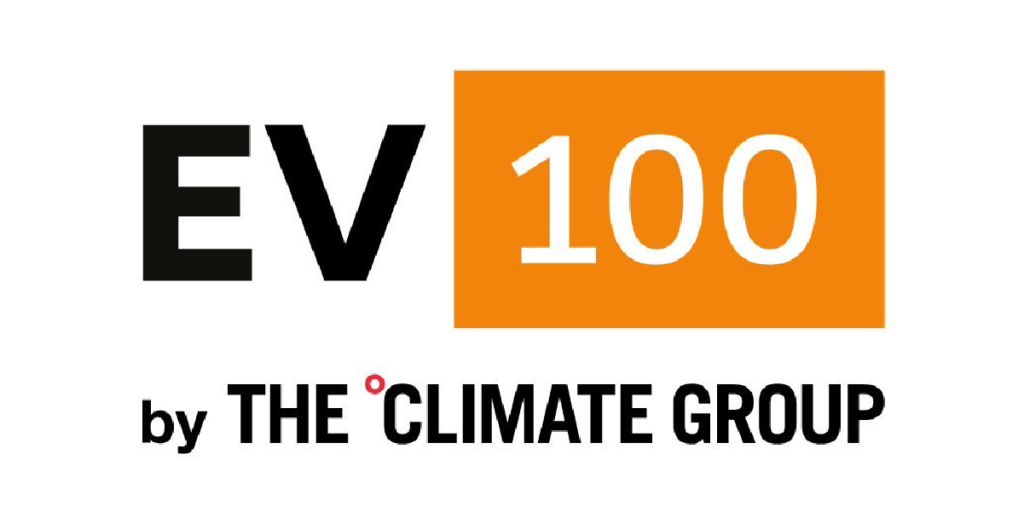
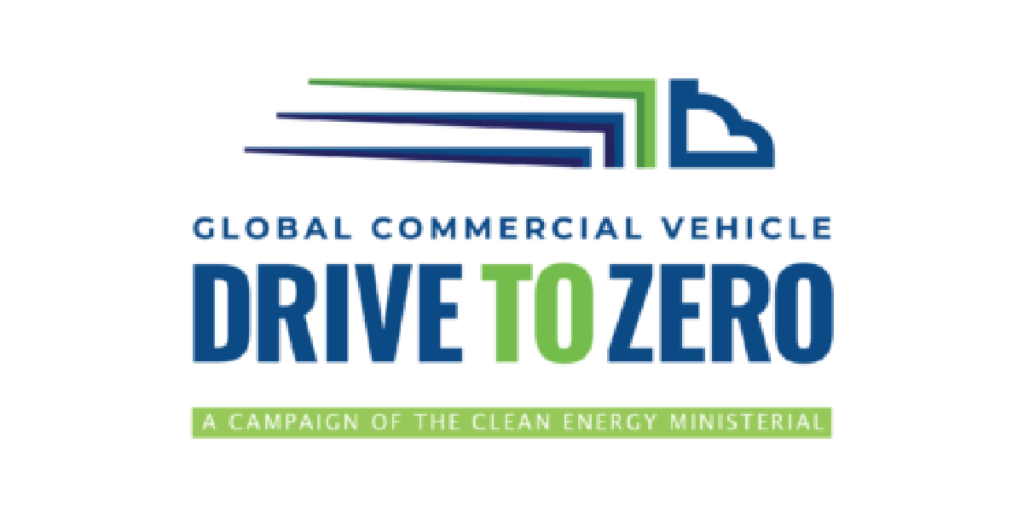
Component 3: Supports the creation of a mass market for zero-emission freight vehicles by increasing their global demand through commitments made by governments, cities, and private companies.
More information about the work being done by this component and ACTion Group ZEFV available here.

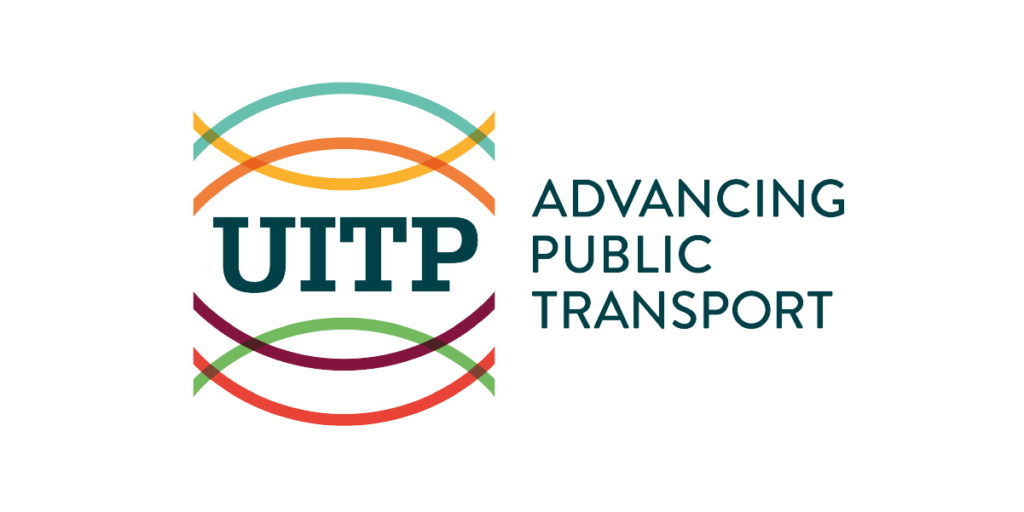
Component 4: Establishes global dialogue arenas with the private sector to connect key mobility stakeholders and structure collaborative dialogue to help accelerate measurable action.
Led by MOVIN’ON by Michelin and International Association of Public Transport (UITP)
Some Activities of ACT Initiative
- Support to launch the policy paper, “How to introduce sustainable e-mobility”, produced jointly by 16 ACT partners, as part of the Global Roadmap of Action toward Sustainable Mobility in Action Series of the Sustainable Mobility for All (SuM4all).
- Submission of the First ACT Status Report to the UNFCCC Global Climate Action Platform Portal.
- After the Climate Action Summit, the momentum created through ACT has fostered innovations by connecting multiple stakeholders from the private sector, governments, cities, NGOs, academia, and others. The implementation of all components is supported through UN-Habitat.
to e-buses.
UITP's Digital World Tour continues through virtual and hybrid event.
Recent Features and Resources
ACT Coalition Open Letter to the United Nations:
ACT Initiative Partners
Initiating Entities: National Governments, Cities and Other Sub-national Governments, Companies and Global Partners Leveraged through:

Germany
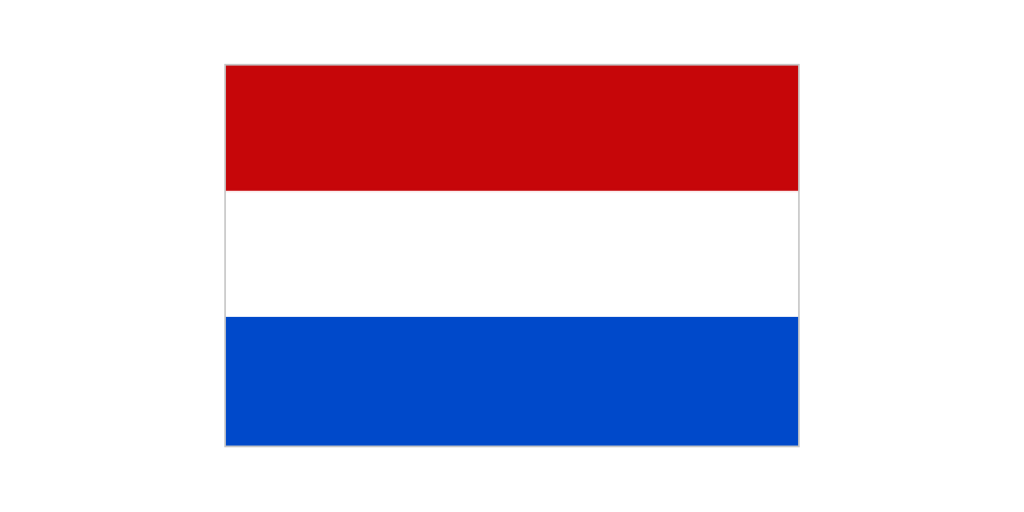
The Netherlands
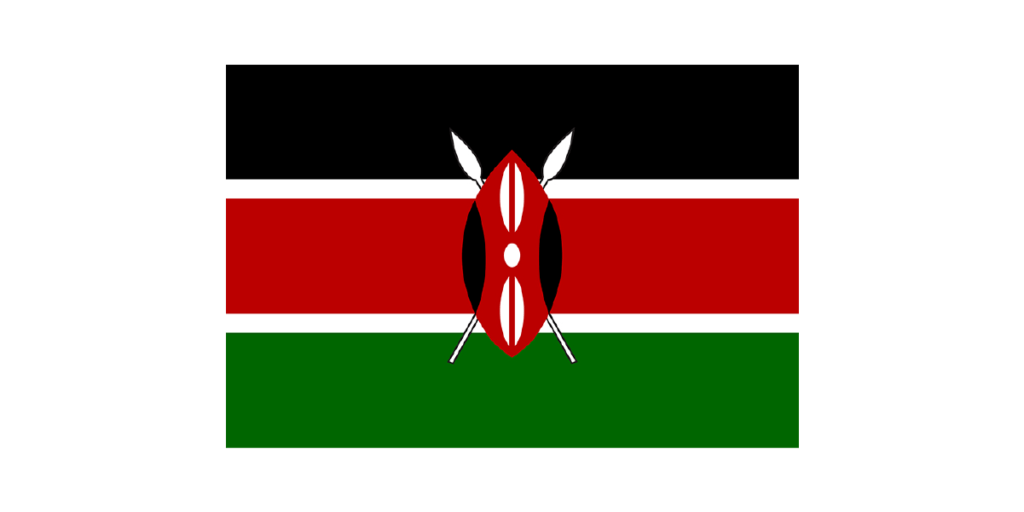
Kenya

Singapore

Turkey
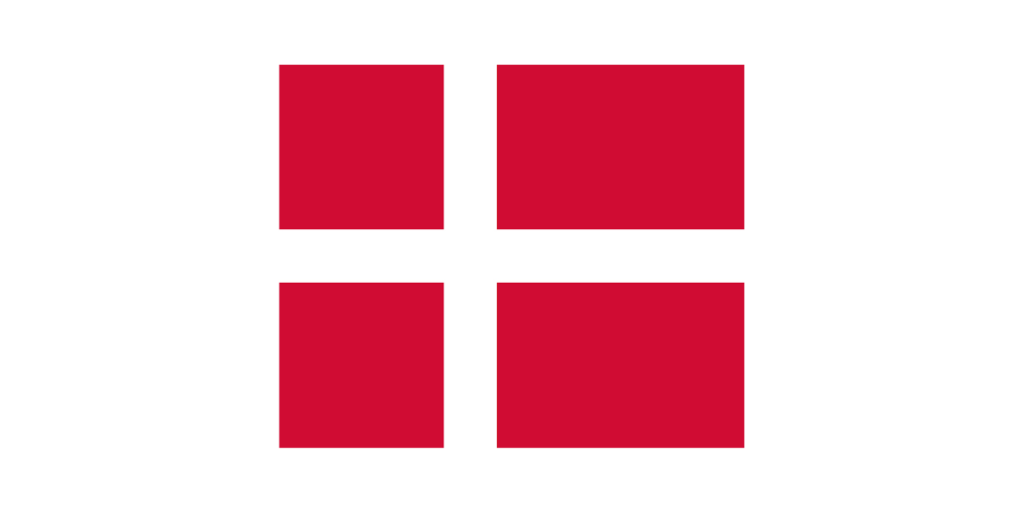
Denmark

France

Portugal

United Kingdom










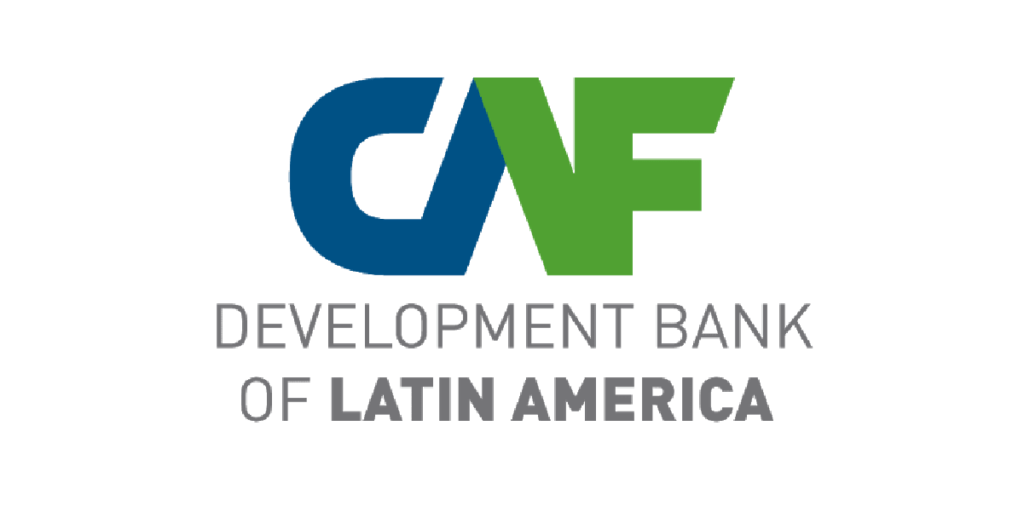

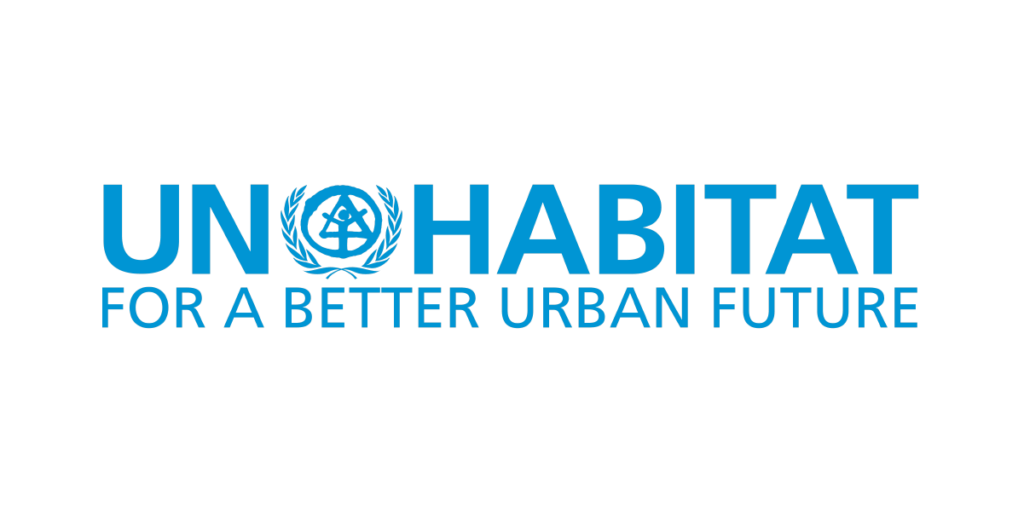
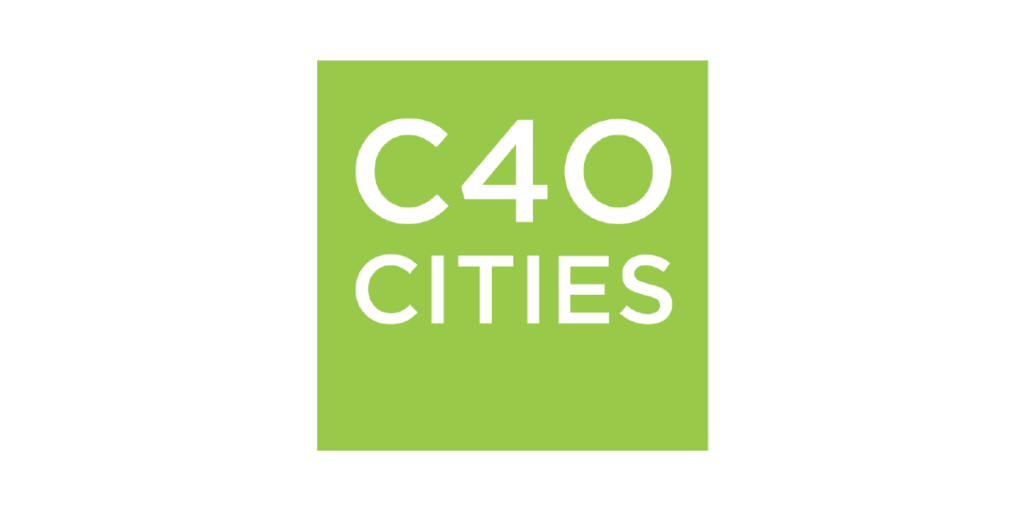
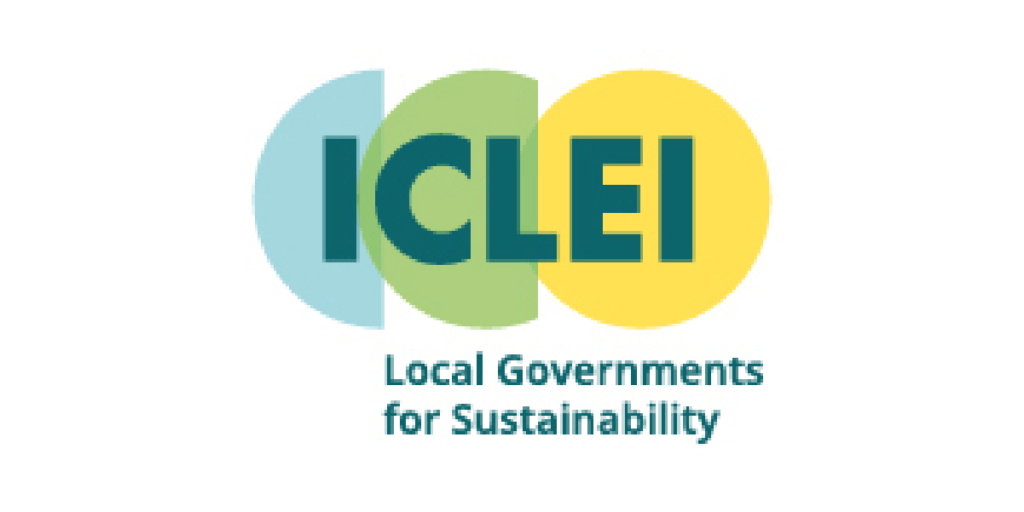
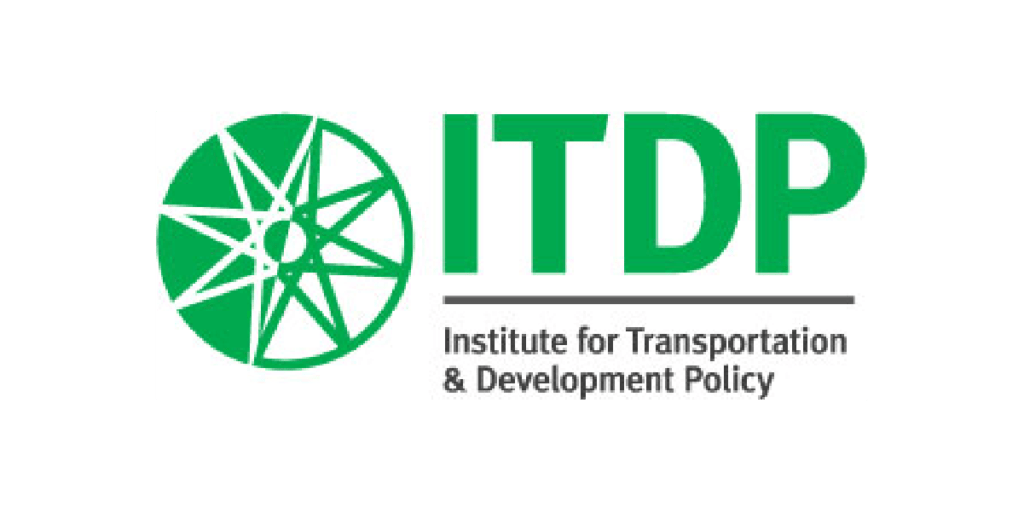
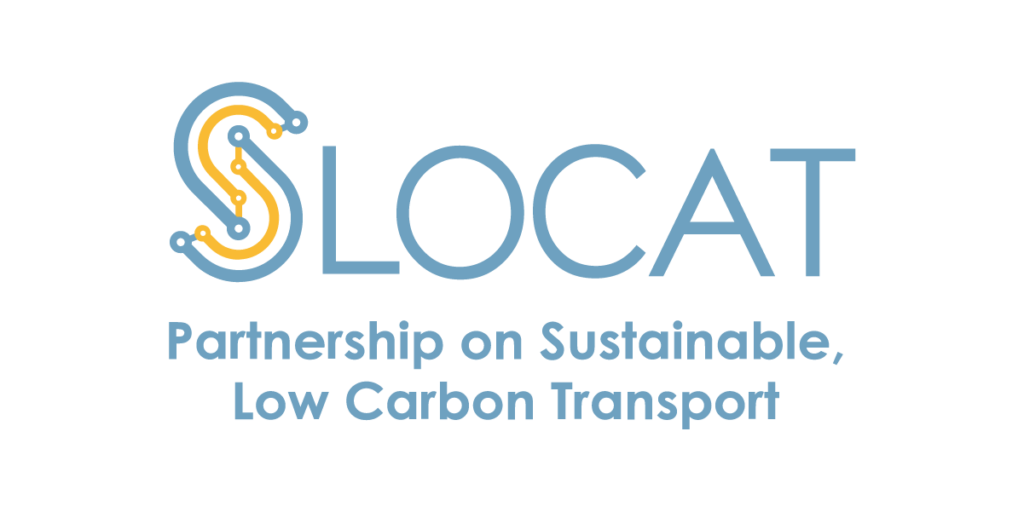
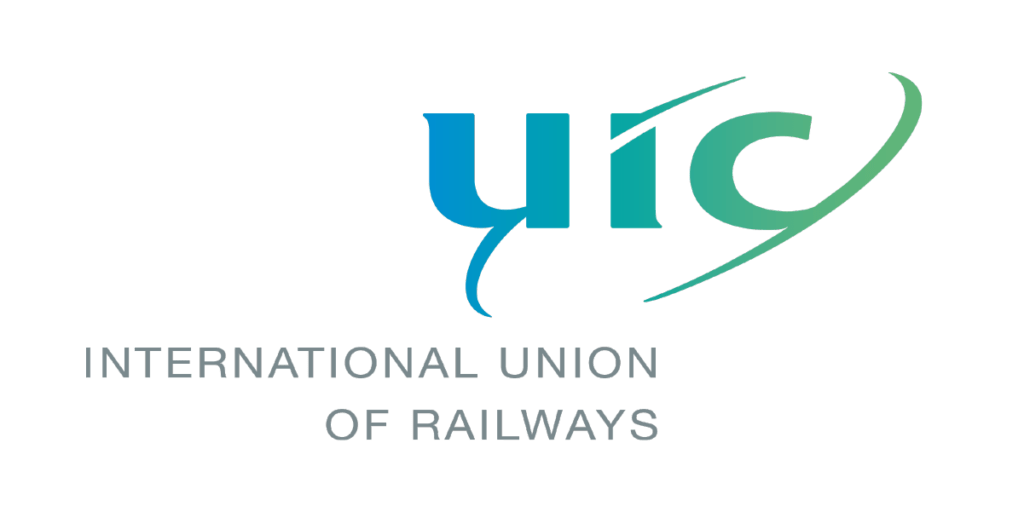
Other ACT Signatory and Supporting Entities
The momentum created since the Climate Action Summit in 2019 has fostered an ecosystem of multiple stakeholders from governments, cities, NGOs, academia, the private sector and others.